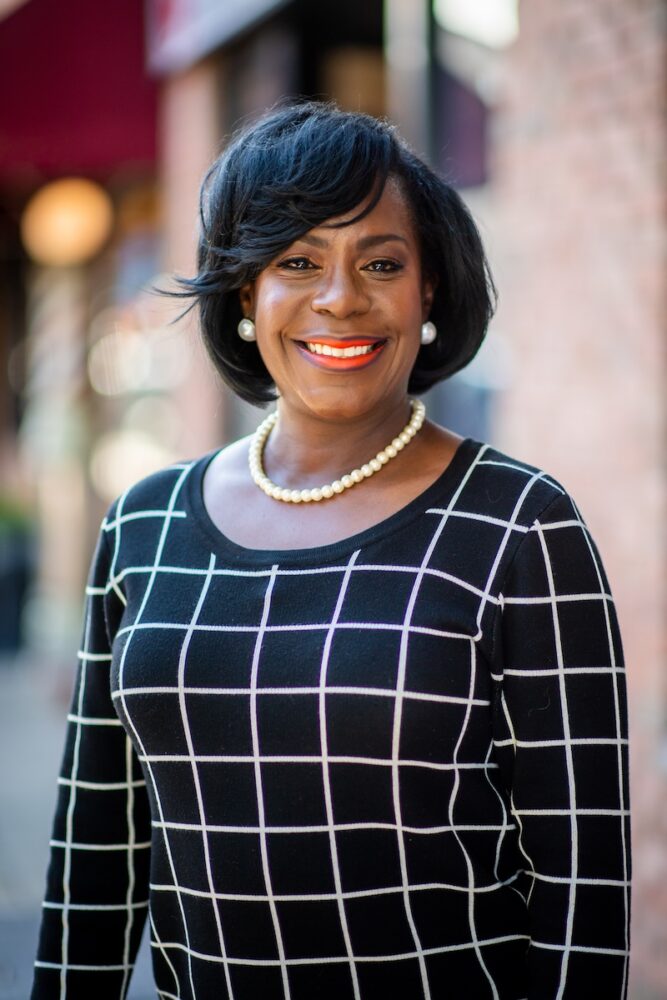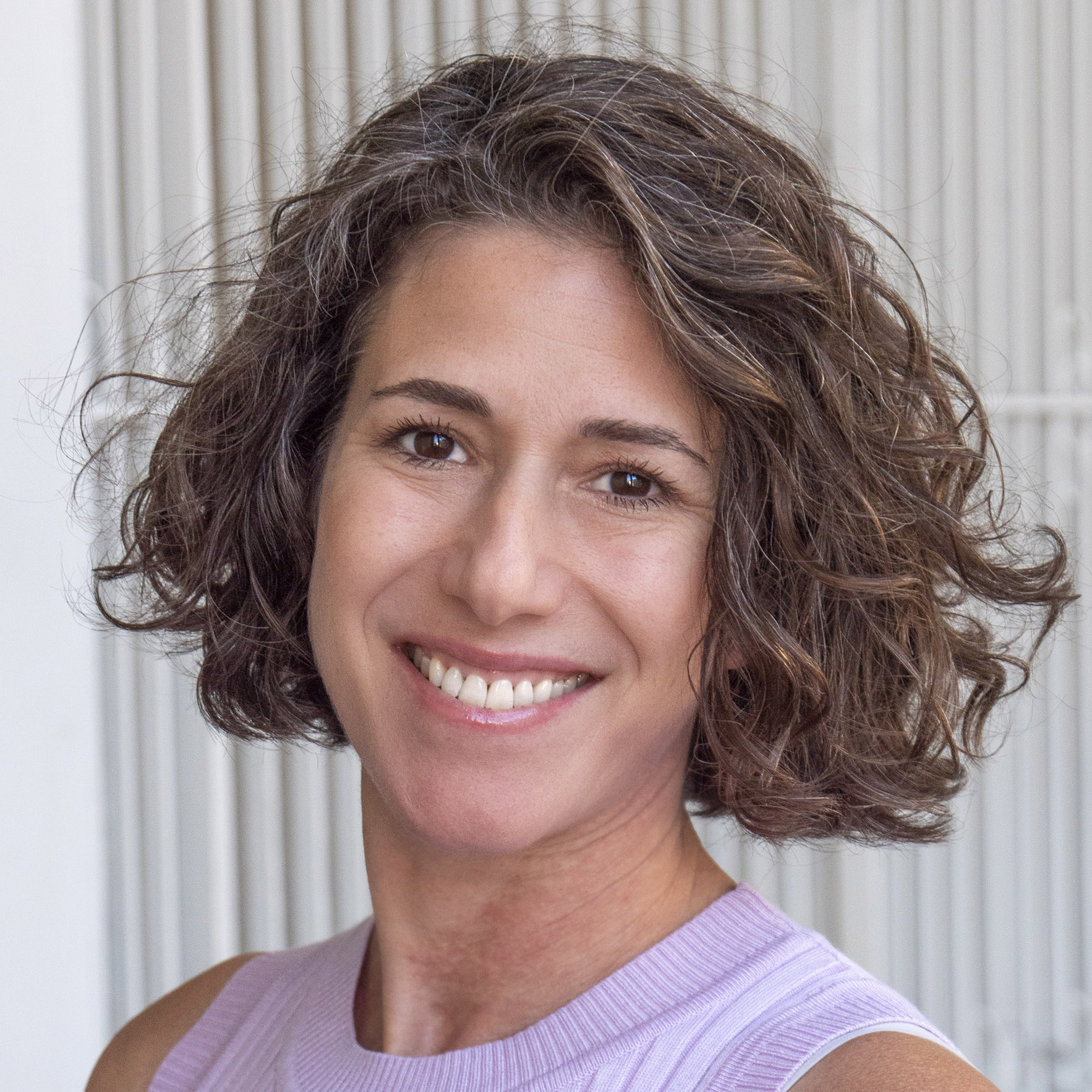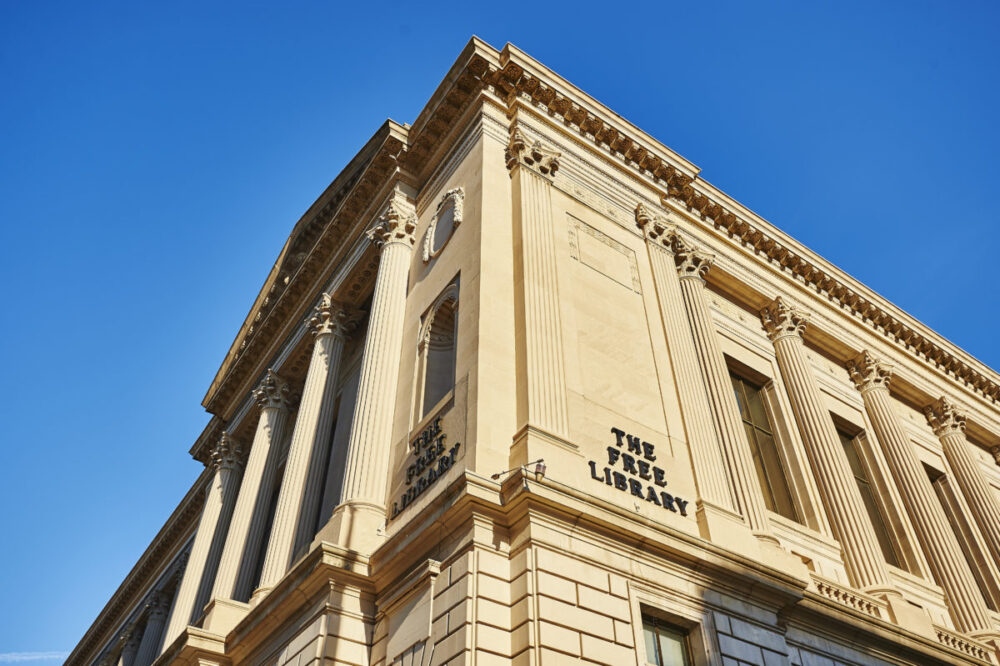Little more than a decade ago, local government’s turn to social media as a communication tool was novel enough to spur academic studies and reports. Today, it’s more than just expected — it’s relied upon, as a recent kerfuffle over Philly’s library branches shows.
Three weeks ago, Mayor Cherelle Parker’s administration announced a policy that all public statements should be approved by her office. It went into effect Tuesday, and caused a minor uproar.
Residents questioned what motive she had for requiring all communications to be approved.
“Maybe [Parker’s office is] concerned about whether the messages are consistent,” Eric Rabe, a local communications consultant who previously worked with the University of Pennsylvania’s Fels Institute of Government, told Technical.ly. “Certainly, I’m sure that the mayor doesn’t want to be surprised by something somebody’s done in some department, that City Hall was not aware of.”
Library workers who regularly use social media to share updates about programming and hours were not pleased with this apparent update of their social media policies. Several branches made posts decrying censorship or an apparent lack of trust in city workers.
Lovett Memorial Library in Mt. Airy, for example, posted this call to action on its Facebook page: “We recommend continuing to reach out to the mayor’s office and city council to advocate for well-funded city services that are trusted to serve the public.”

“We recommend calling the branch for information such as updates on hours or any unforeseen closures. Please bear with us,” Parkway Central Children’s Department posted on its Facebook page.
The Fishtown Community Library posted a statement Tuesday asking community members to bear with them if they can’t get information out as quickly as before. Frustrated comments on the post asked why this policy was implemented in the first place.
“I hope this ‘approval by mayor’ doesn’t affect the creativity & consistency of posts that benefit the community,” read one comment on the Fishtown Community Library’s post.
Another commenter wrote “Why does @phillymayor need this level of control? Shouldn’t our neighborhood libraries be able to speak directly to the neighbors they serve?”

Mayor Cherelle Parker. (Courtesy Cherelle Parker’s Campaign)
On Wednesday, the mayor’s office clarified that libraries could post about programming and daily updates. (Library workers are employed by the Free Library of Philadelphia system, which is a city government agency.)
Rabe contributed to a 2012 report from Fels that described the importance of social media in local gov operations.
Since then, most government agencies have become active on social media, and most city leaders are aware that the people they serve use social media, said Rabe, who runs Eric Rabe Communication Strategies. Citizens expect to see agencies on major social platforms such as Facebook, X and Instagram.
“It’s an effective way to get information out about services that are changing or new things are being offered,” he said.
A spokesperson for the City of Philadelphia did not immediately respond to Technical.ly’s request for comment about the reasoning behind this communications policy and how the Parker administration plans to use social media.
In his experience, Rabe said this method for monitoring communication can be effective if it’s efficient and quick, but it tends to be more trouble than it’s worth. It can also lead to overformalization and impersonal communications.
“My own strategy was to try to be very clear about the overall direction, the overall intent, the priorities for the company I was working for and make sure that the communicators had those firmly in mind,” Rabe said, “and then let them design their communications around those as they felt appropriate.”
Sarah Huffman is a 2022-2024 corps member for Report for America, an initiative of The Groundtruth Project that pairs young journalists with local newsrooms. This position is supported by the Lenfest Institute for Journalism.Before you go...
Please consider supporting Technical.ly to keep our independent journalism strong. Unlike most business-focused media outlets, we don’t have a paywall. Instead, we count on your personal and organizational support.
Join our growing Slack community
Join 5,000 tech professionals and entrepreneurs in our community Slack today!

The person charged in the UnitedHealthcare CEO shooting had a ton of tech connections

From rejection to innovation: How I built a tool to beat AI hiring algorithms at their own game

Where are the country’s most vibrant tech and startup communities?



